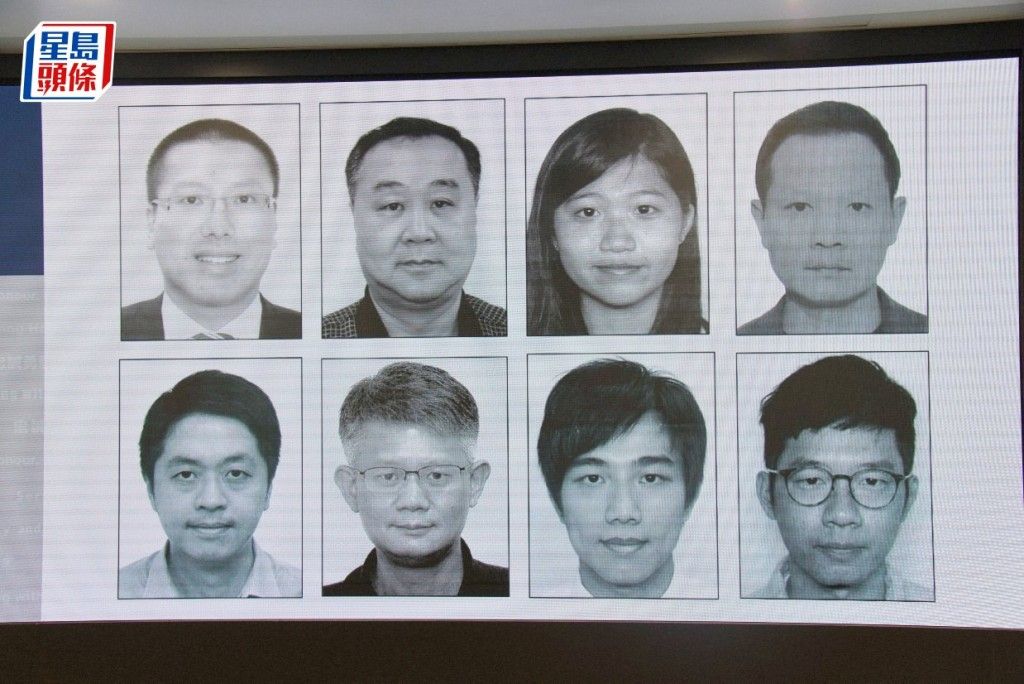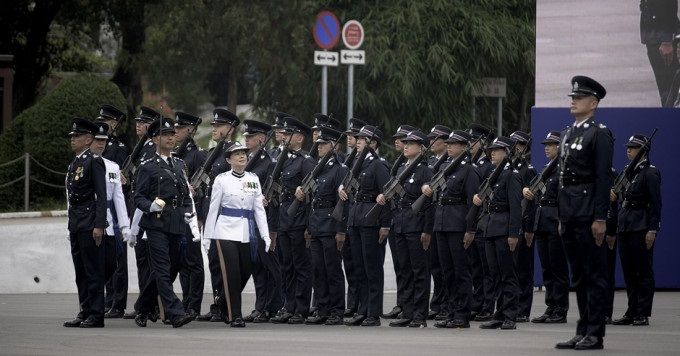Sing Tao Probe|National Security Office vs National Security Department
Both the Office for Safeguarding National Security of the Central People’s Government in Hong Kong and the National Security Department under the Hong Kong Police Force were established in July 2020, playing a long-term and robust role in safeguarding national security in the SAR.
Sing Tao Probe invited lawmaker Elizabeth Quat to explain their differences and responsibilities, as well as National Security Department chief superintendent Steve Li Kwai-wah to share some fun facts.
Four key responsibilities of the central government’s Office for Safeguarding National Security in Hong Kong
Quat said there are currently four central government agencies in Hong Kong, namely the central government’s liaison office in Hong Kong, the People’s Liberation Army Hong Kong Garrison, the office of the foreign ministry commissioner in Hong Kong and the newly-established Office for Safeguarding National Security.
She explained that the office was set up in response to the social unrest in Hong Kong a few years ago. Subsequently, the central government enacted the Hong Kong National Security Law, which was passed on June 30, 2020 and implemented in Hong Kong through Annex III of the Basic Law – Hong Kong’s mini constitution – on the same day.
The National Security Law also stated that the central government will set up an Office for Safeguarding National Security in Hong Kong, she added.
According to article 49 of the National Security Law, the office has four main duties. Firstly, the office is responsible for analyzing and assessing developments in relation to safeguarding national security in Hong Kong and providing opinions and making proposals on major strategies and important policies for safeguarding national security.
Secondly, it shall oversee, guide, coordinate with, and provide support to the SAR in the performance of its duties for safeguarding national security; thirdly, collect and analyze intelligence and information concerning national security; and handle cases concerning offences endangering national security in accordance with the law.
Quat added that while most national security cases fall under the jurisdiction of Hong Kong’s law enforcement, the Office for Safeguarding National Security may take over cases under three circumstances.
That is when the case is complex due to the involvement of a foreign country or external elements, thus making it difficult for the SAR to exercise jurisdiction over the case; a serious situation occurs where the Government of the Region is unable to effectively enforce this Law; or a major and imminent threat to national security has occurred.

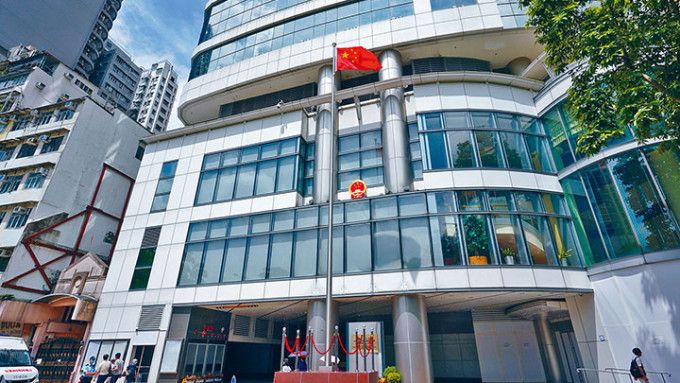
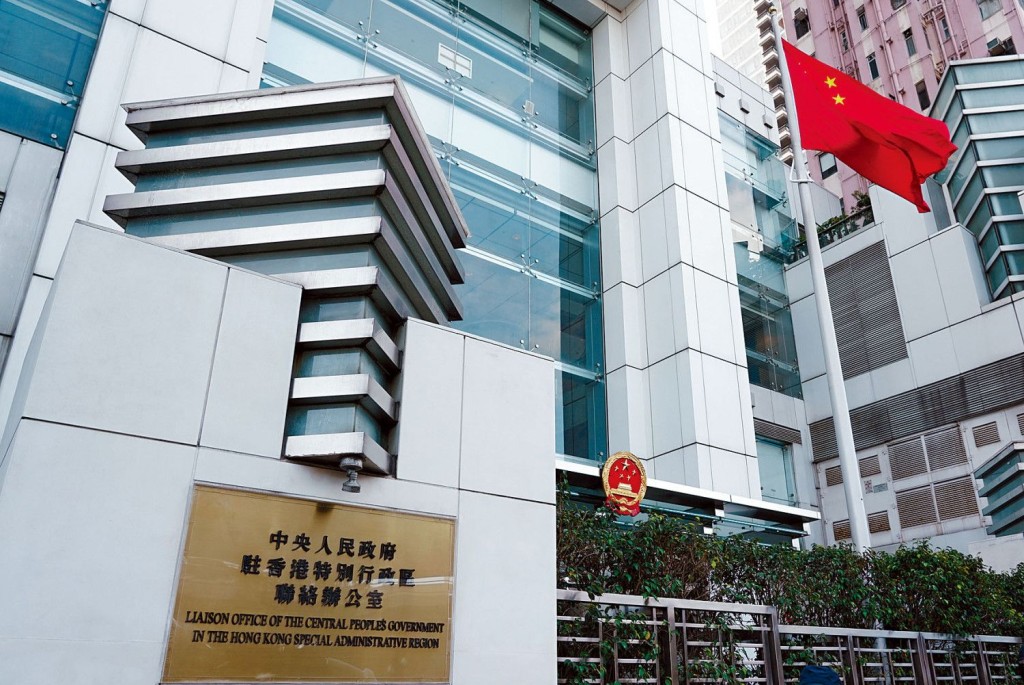
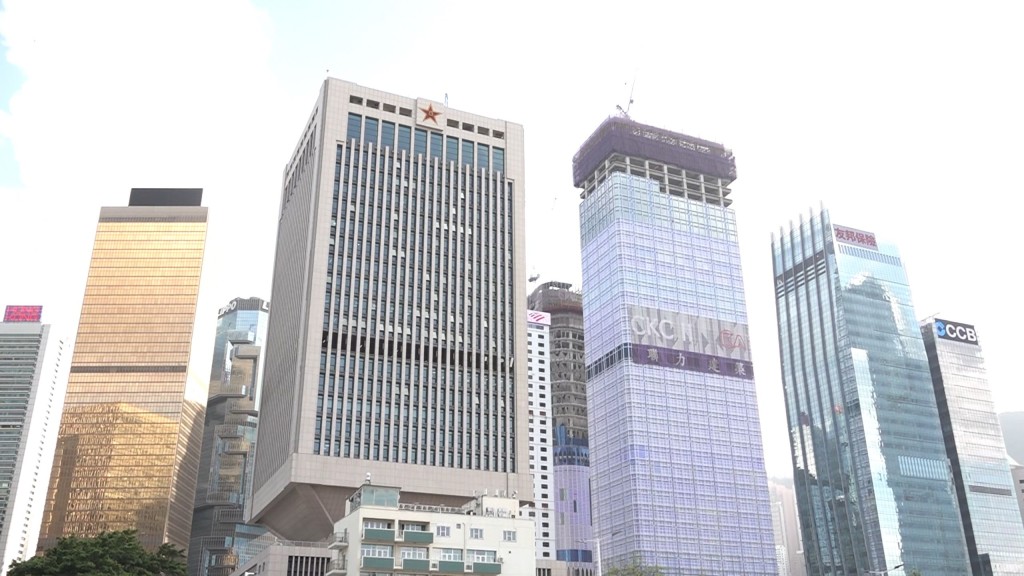
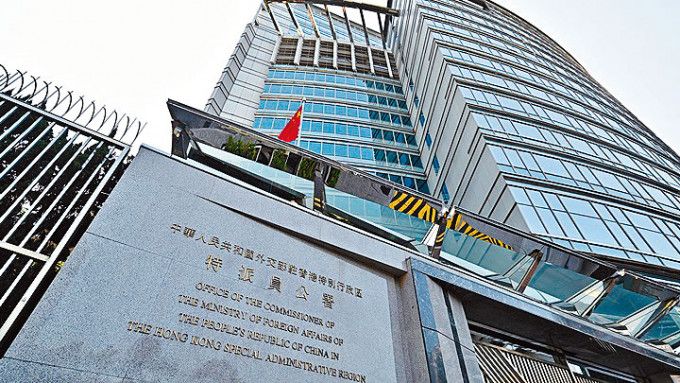
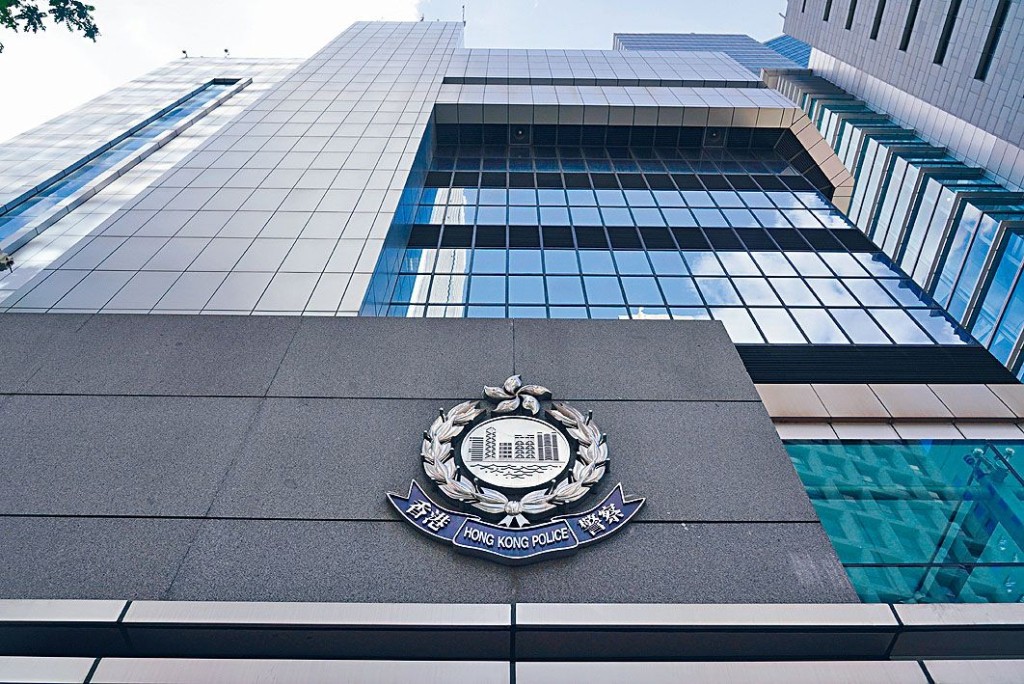
Six functions of the police’s National Security Department
But how does the National Security Department differ from the Office for Safeguarding National Security? Under article 16 of the National Security Law, the National Security Department is the law enforcement arm, with its head appointed by the Chief Executive after consulting the Office for Safeguarding National Security.
The appointee must swear allegiance to the Basic Law and uphold confidentiality, while the department can also recruit specialists or technical experts overseas to assist in national security work.
As per article 17 of the National Security Law, the National Security Department has six key functions, namely collecting and analysing intelligence and information concerning national security; planning, coordinating and enforcing measures and operations for safeguarding national security; investigating offences endangering national security; conducting counter-interference investigation and national security review; carrying out tasks of safeguarding national security assigned by Hong Kong’s Committee for Safeguarding National Security; and performing other duties and functions necessary for the enforcement of the National Security Law.
An Q&A session with national security chief superintendent Li
How far does citizens’ knowledge regarding the National Security Law go? Sing Tao Probe posed several questions to chief superintendent Steve Li Kwai-wah to share some fun facts regarding national security.
The National Security Department set up a reporting hotline for citizens to tip off national security police officers, but the hotline seemed to be unmanned. Li explained that the absence of an operator receiving calls is not important, but every tip is reviewed.
“Last year, over 20,000 reports were received from the hotline – some with photos, videos and detailed evidence, making them more actionable than phone calls,” Li said.
Li also said he welcomes citizens to tip off the department through him in person, but that would require a meeting in a secured location. To save the trouble, Li suggested citizens submit their tips through the department’s official WeChat account, allowing national security officers to follow the lead and initiate a probe.
“To deal with the changes in the national security situation in the new era, apart from traditional national security threats like military, homeland and political security risks, there are also non-traditional national security risks,” Li said.
“That includes bio security, ecological security and deep sea security, while some also strongly relates to our daily lives, including economic and cybersecurity, as well as 20 more areas including science and technology, food and societal security,” he added.


Being an informant will get a reward
Li also said that if citizens get hold of useful information, which leads to the arrest of a wanted fugitive, or achieve a successful arrest, the informant may receive a reward. The amount of the reward varies, but take some of the wanted fugitives as an example, the bounty can reach up to HK$1 million.
He added that if citizens would like to join the National Security Department to help safeguard national security, they would need to join the Hong Kong Police Force first, as article 16 of the National Security Law stipulated that the law enforcement power to safeguard national security is vested in the Hong Kong Police Force.
Apart from joining the police, he also suggested citizens join other government departments or organizations to safeguard national security.
This year, the National Security Department launched interactive quiz machines, called the NSmart machines, in public libraries in Wong Nai Chung and Lei Yue Mun, and will be set up at Shek Tong Tsui and Fanling starting next month. The NSmart machines will also be placed in 80 primary and secondary schools starting this quarter.
The machines will offer prizes for correct answers, while citizens can also visit the national security exhibition at the Hong Kong Museum of History in Tsim Sha Tsui. They can also keep an eye on new promotional activities announced on the Police’s National Security Department’s official WeChat account, for example the NStory short video competition, which will offer attractive prizes.
